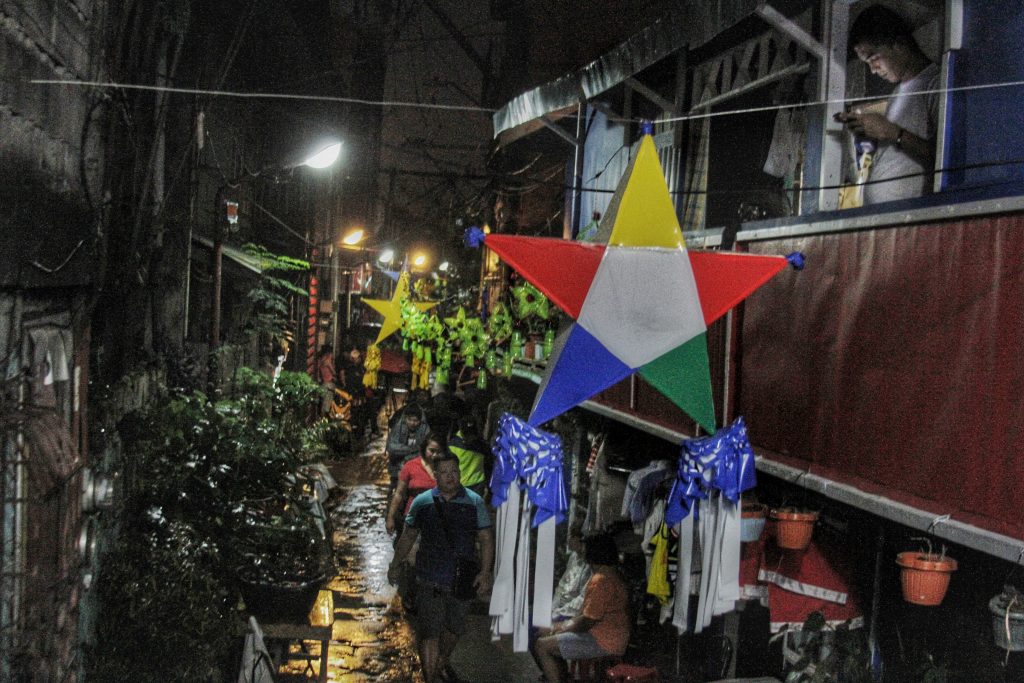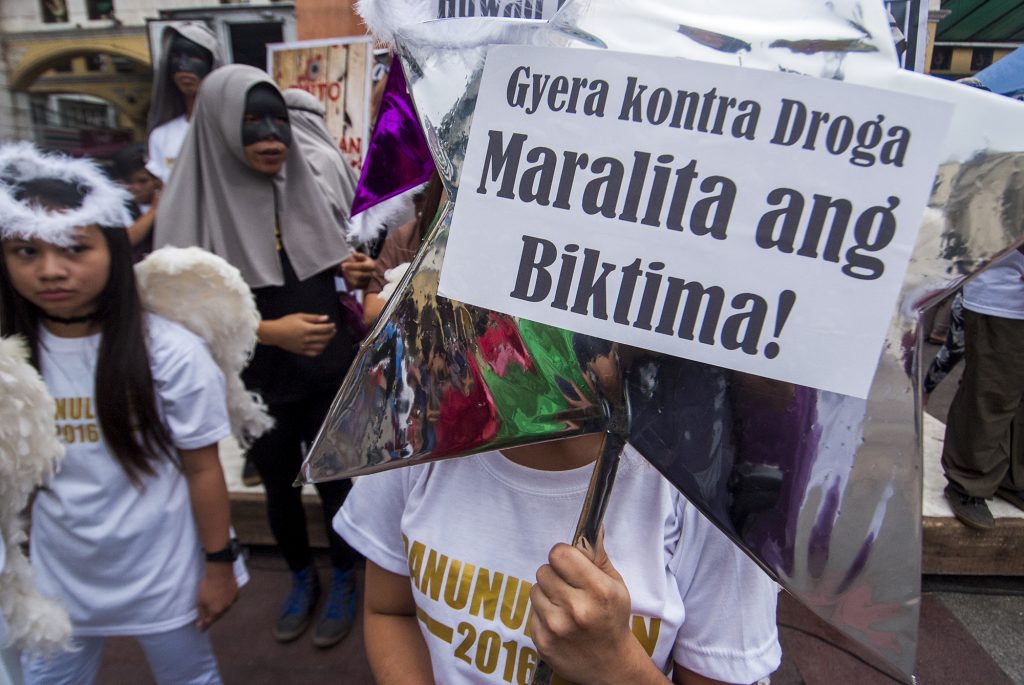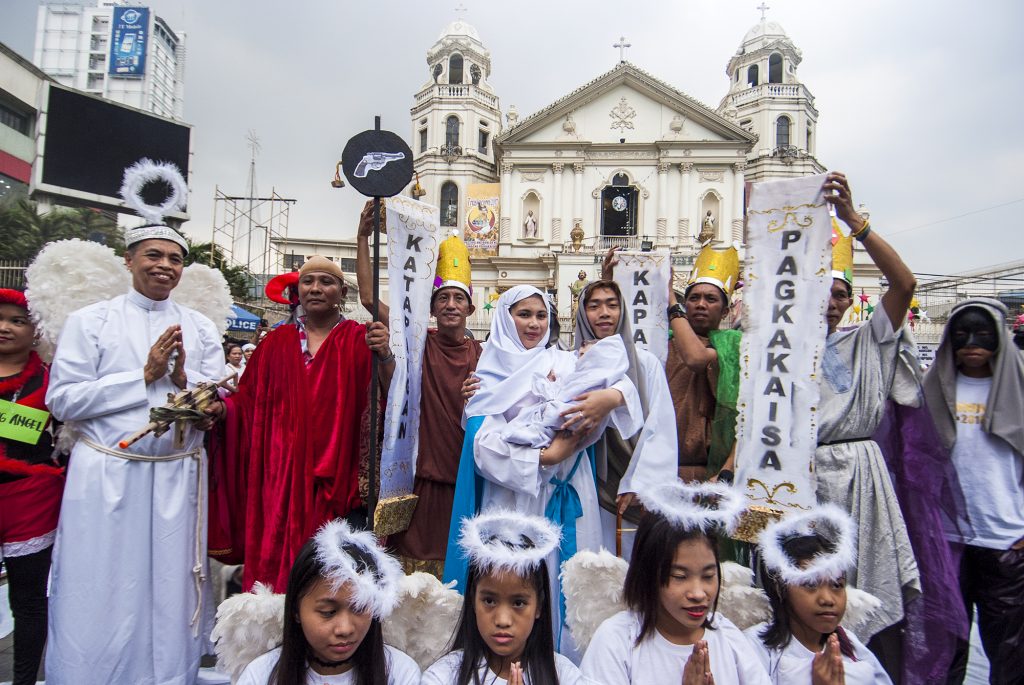
To have the slimmest encouragement as to what to expect of the future: quite the frightening prospect, don’t you think?
It’s difficult to remain positive when dreams we’ve all worked hard to achieve now buzz like radio static. No one seems to be on the other side to answer our calls. Are we all left to dig on stone-hard ground for treasure that isn’t there?
I wrestled with these questions shortly after an invitation reached my email last week: to pen an 800-word piece for Humans of Pinas. The project, as we all know, is a spin-off of Humans of New York. The brainchild of Team Pilipinas, the initiative showcases Filipinos’ stories which are altogether “inspiring”.
The request to write a “Christmas-themed story” which encapsulates Filipinos’ “individual resilience and strength, gratitude, and hope” was easy enough to do under normal circumstances. It must be “oozing with positivity because, well, we have managed to stay alive 11 months into the year despite the multiple threats.” The email sender added, for good measure, that it must be something “we could all be thankful for.”
However, the week prior was anything but Christmassy. Save for the drop in temperature, life wasn’t as fascinating as would be expected from the beginning of the holiday season.
A friend from college had recently died of cancer. A former house help, whom we’ve treated as family for decades, also died of pancreatic cancer. A writer-friend tested positive for COVID-19.
The ensuing floods brought on cases of leptospirosis. This government’s red-tagging campaign just went from bad to totally vile: a poster was hung on the perimeter wall of UP-Visayas Iloilo campus demanding justice for victims of the CPP-NPA-NDF.
The Kalinga editor-in-chief of a community paper was sued for libel while another journalist was gunned down just meters from his home. A human rights lawyer has been missing for roughly a week. Earlier, another lawyer had been shot.
The world has just pegged a total of 62.6 million COVID-19 cases, with the Philippines reaching close to half a million. A million had already died and the numbers of infected still rising. Operation Double Barrel, the president’s bogus drug war, rages on despite the pandemic.
We’ve come this close to being stripped of all hope. As a journalist, I cannot close my eyes to this “new normal” no matter how hard I try to “ooze with positivity.”
Thus, I wrote my 800-word piece for Humans of Pinas with little expectation in the coming Christmas season. With one small exception: that line where I enjoined everyone to stand their ground and fight. Fight for their right to speak. Fight for their right to life.
The words “fight” and “Christmas” seem to be at loggerheads when used in one sentence. However, to me, they don’t.

Christmas offers a very different image in my mind. It has nothing of snow, gift-giving, blinking lights and “chestnuts roasting on an open fire,” let alone Santa Claus.
Where I’m concerned, the Christmas story is one of abject brutality against a child believed by the Roman emperor to be a threat to his rule. It’s an image of Christ’s nativity you don’t get to hear, if at all, in Sunday sermons.
Imagine an infant, tagged as an insurgent, a wanted man, prior to birth. Bearing the title King of the Jews was more than sufficient to be “red-tagged” as a nemesis of the emperor, a rival to the throne, the leader of the rebellion.
The enemy of the State.
Herod, the king of Judea, upon hearing the birth of the prophesied Christ, ordered the manhunt and murder of infants in Bethlehem to rid the empire of the “Son of God” — the same title Caesar Augustus, emperor of Rome, appropriated for himself as ruler and god of his empire.
I’m not talking of “god” as a figure of speech. History attests to the fact that Caesar Augustus demanded that he be worshipped.
This, to me, is the real Christmas story. A bleak and grim vision of how the powers that be regard anyone who would challenge their stature, power and wealth.
Growing up, Christ was anything but meek, soft-spoken. To those willing to listen, yes, but to Rome’s proud magistrates and Israel’s religious leaders, he was a firebrand, a troublemaker.
Jesus challenged the doctrines of religious elders in public as a young boy, deemed taboo in a society built on religious obedience. His parents had time again reprimanded him for being a young rabble-rouser. During his ministry, Christ toppled the tables of those using the temple, which he called his Father’s house, as a place of commerce.
Christ was hardly the type to mince words. Based on Scripture, he had a preferred cuss phrase: “Generation of snakes,” “brood of vipers.”
On one occasion, he called the Pharisees, “You are of your father the devil, and your will is to do your father’s desires. He was a murderer from the beginning” (John 8:44). Today, those words could land anyone in the jaws of a multimillion libel suit.
At one point, Jesus introduced himself as “The Way, the Truth and the Life,” and that “No one goes to the Father but through me.” In the ears of religious leaders, these aren’t mere attempts at poesy.
More than anything, those were fighting words; worse, deemed heretical coming from a human being’s lips. These “titles” were reserved for God alone. By claiming thus, Christ placed himself on a much higher plane than the trailblazers of the Jewish priesthood and the Roman imperials—as God on Earth.
There are no two ways of looking at it. Either Christ was totally insane and suicidal in going against the powers of the religious State, or he was, in totality, who he says he was.
Hence, my image of Christmas veers away from the candy-coated commercialism of our age, and religious portrayal, to say little of Hollywood, of the so-called Son of God.

To think of Christ as a dissenter, a malcontent and, in many ways, a political and religious subversive may be far from how we view his life and ministry. But make no mistake: in that part of the world where religion, politics, and empire building work together to shape the suppression of a people, Christ was thought of as the freedom fighter many in Israel had been waiting for.
The powers that be had such a difficult time telling Christ apart from the regular insurgent that Judean governor Pontius Pilate, during the trial, had to force the people to choose between Christ and the rebel Barabbas, who, either by chance or destiny, also bore the name Jesus.
As the fate of rebels go, Christ was arrested without proof of any crime, tried, tortured and mocked, and then later killed by nailing him on the cross to die a criminal’s death. His execution was a mockery of human justice as he was, by laws of God and man, innocent.
For true believers of the message of redemption, Christ’s story didn’t end there. For the sake, however, of this discussion, it’s important we realize how religious and political terrorism shaped the Christmas story.
It’s therefore good to remind ourselves what Author Rollo May said in his book, The Courage to Create: “Recall how often in human history the saint and the rebel have been the same person.”
A terrorist State makes rebellion not only necessary but indispensable. Fascists are the greatest proselytizer of insurgents and rebel-saints. The very abuses on which dictatorships are built sound off the clarion call for dissent.
Which is why, as in the Christmas story of old, tyrannies never succeed. Their abuses create the very rebels they say they despise, thereabout bringing their own ruin eventually.
This is the Christmas story that inspires me.
Joel Pablo Salud is an editor, journalist and the author of several books of fiction and political nonfiction. The views and opinions expressed in this article are those of the author and do not necessarily reflect the official editorial position of LiCAS.news.
Source: Licas Philippines
0 Comments